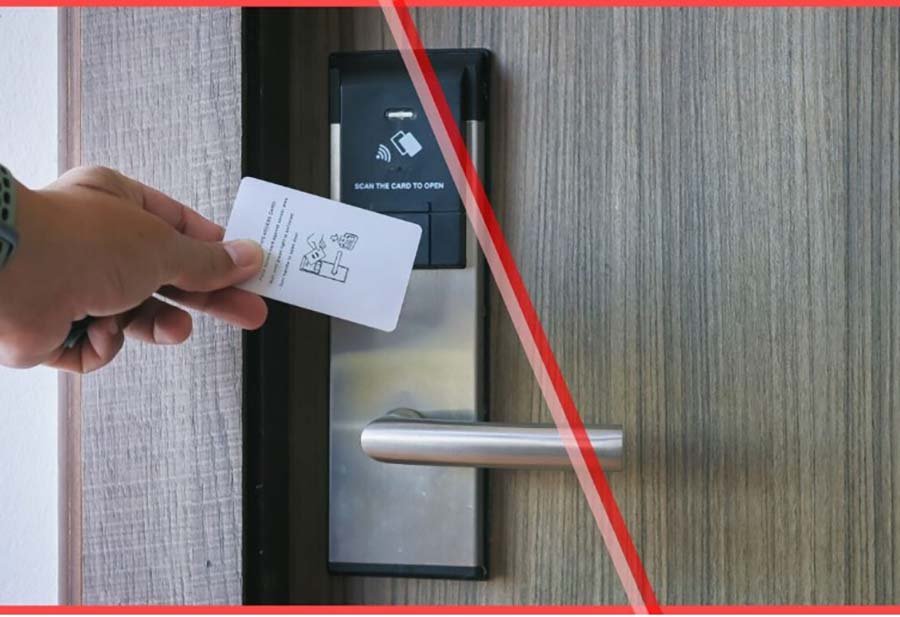read also
Вusiness / Real Estate / Investments / Tourism & hospitality / News / Analytics / Italy / Real Estate Italy / Tourism Italy 05.10.2025
Italy Legalizes Self Check-In for Rentals

Photo: Rentalscaleup.com
The Lazio Regional Administrative Court (TAR Lazio) overturned a Ministry of Interior directive that had banned remote check-ins and required in-person identification of guests. Owners and property managers can again use smart locks, key boxes, and digital ID-verification services. At the same time, many cities continue to tighten rental-market rules.
The ban was introduced in November 2024. Operators and landlords were required to meet guests in person, inspect passports, and hand over keys—dramatically raising costs and complicating late arrivals. The Rome court ruled these measures disproportionate and contrary to Italy’s digital-government law, since hosts were already obliged to transmit guest data through the Alloggiati Web system.
The judges noted that in-person ID checks do not solve the safety issue because keys can still be passed on to third parties. Moreover, the ministry provided no evidence that remote check-ins themselves posed a specific threat. Hotels were not subject to the rule, creating an uneven playing field.
The F.A.R.E. federation and the AIGAB association called the ruling a victory for innovation and fair competition. AIGAB President Marco Celani said Italy has returned to global hospitality trends where digital, contactless check-ins are standard. The estimated saving on operations may reach 15–20%, freeing up resources for service quality, marketing, or property upgrades.
However, the court decision does not preclude local action. Cities under heavy tourism pressure can still impose their own restrictions—and often do. For example, in February 2025, Florence banned key boxes and coded locks for contactless check-ins in residential buildings, particularly in the historic center. Fines can reach €400. From April, apartments under 28 sq. m may not be rented. Minimum floor areas were set at 9 sq. m for single occupancy, 14 sq. m for double, and 9 sq. m for kitchens. In May, in Florence’s UNESCO-listed historic center, a moratorium on new short-term rental licenses was introduced. Violations may result in fines up to €10,000.
In Venice and other Northeastern cities, from 1 September 2024, national rules came
into force: each unit must have a CIN code, carbon monoxide detectors, and fire extinguishers. Fines range from €500 to €8,000 for non-compliance. From October 2024, Venice limited tourist rentals to 120 days per year if the property is not the owner’s primary residence. Venice also requires SCIA notification—declaring the conversion to tourist use and acceptance of municipal rules—if it is a permanent business.
In Turin, officials are considering a rule capping short-term rentals at 90 days per year per apartment. Such measures aim to curb tourist pressure and protect the long-term housing market.
In Rome, 2025 brought tighter enforcement focused on the historic center. Authorities are weighing limits on new licenses in high-pressure districts and a minimum two-night stay. CIN registration is mandatory, and safety compliance checks are stricter. Owners must confirm fire-safety equipment and register guests via Alloggiati Web. In addition, zoning is planned: central districts may face bans on new short-term rental licenses to rein in tourist flats and preserve housing for residents.
In short, earning income from short-term rentals in Italy still involves significant constraints—both national and local. The partial national liberalization only slightly eases the rules.
Подсказки: Italy, rentals, short-term rentals, remote check-in, smart locks, key boxes, CIN, Alloggiati Web, Florence, Venice, Rome, hospitality, tourism policy, regulations








